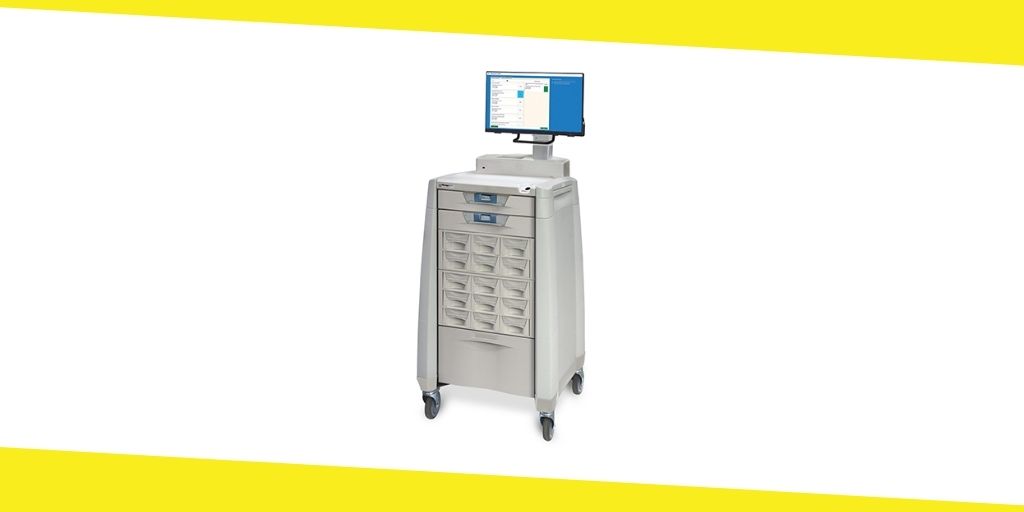
Managing medication properly is essential to ensure quality and patient safety in any healthcare setting, including hospitals. One of the main elements of medication management is how medications are stored. This includes factors like integrity, safety, and security.
Hospitals must take a proactive stance on medication safety and protection. For some, this means innovative equipment like an Automated Dispensing Cabinet. For other hospitals, it means implementing rules and requirements related to the use and dispersion of medications. Keep reading for some tips that can help with hospital medication management.
Security Considerations
Hospitals need to refer to the accreditation and CMS organizations to figure out the right standards to ensure medication security. Medications need to be secure. For most organizations, including hospitals, this means locking up the medication when needed. This ensures that only authorized personnel can access the medication at any given time.
Safety Considerations
Hospitals and healthcare practitioners need to ensure total medication safety by staying aware of high-alert drugs and reports that discuss the unsafe use of medications. Hospitals should create a list of the top 10 high-alert medications. Usually, this includes things like concentrated electrolytes and anticoagulants that clinical staff members need to stay aware of and monitor.
Integrity Considerations
Dating and temperature are the main two elements that make up medication integrity. Usually, manufacturers will set the temperature that is required for storing certain medications. One of the main difficulties related to medication integrity is the CMS’ interpretation of the guidelines that require providers to date the item based on information provided by the manufacturer. Usually, this is much more conservative than the other information that is available. In the past, hospitals and healthcare providers could use peer-reviewed papers and resources along with scientific studies to determine the use-by date for certain medications.
This is not a good thing because of how restrictive it is. For example, there is good science that provides improved dating for most medications, but it cannot be used. This is all taking place at a time when there is a significant drug shortage.
In most situations, the restriction just applies to anesthesiologists who are facing a situation where there is a shortage of drugs and who need to give the medications at room temperature. This reduces the time to expiration. It is also believed that the CMS guidelines have exacerbated the drug shortage and the wastefulness present in healthcare.
Communication is the key to help eliminate issues. This communication is essential between pharmacies and anesthesia departments to manage medications based on these requirements. It is suggested that individuals from these departments meet face to face to discuss needs and achieve a middle ground to determine temperature and expiration.
Preventing Safety Issues with Mediation in Hospitals
When it comes to medication management and safety in a hospital setting, there are important factors to consider. By keeping the information and tips here in mind, it is possible to develop a plan of action to avoid medication issues.
While preventing these problems completely is not possible, this is a step in the right direction for hospitals and healthcare practices of all sizes. Keep this in mind to ensure that the desired results are achieved, regardless of the size of the hospital or the possible issues that were had with medication in the past.